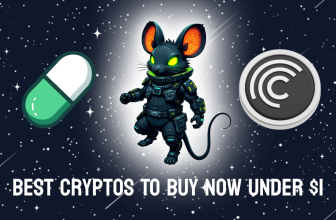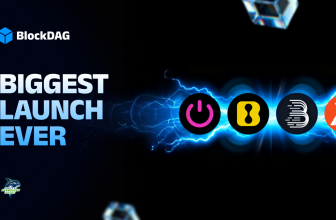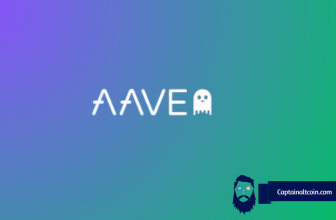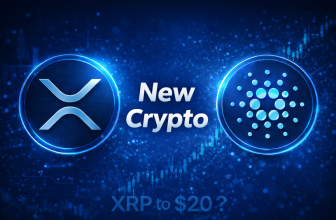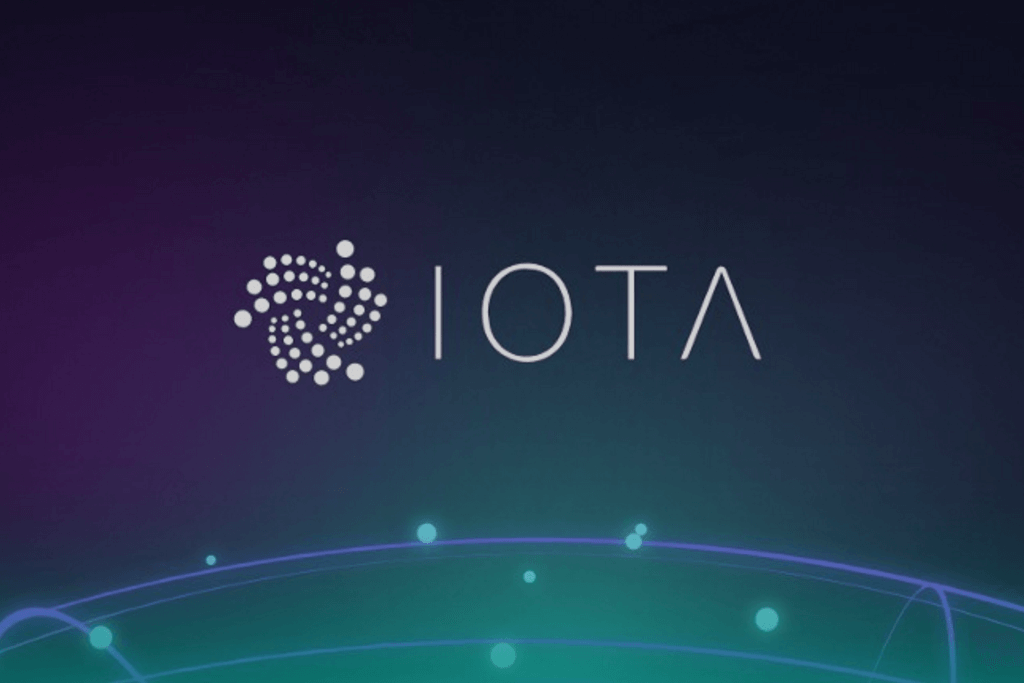
The headline is true if they can put the actual theory behind Qubic into practice.
So what is Qubic all about
- Oracle feed
- Smart Contracts
- Exchanges of currencies
- Outsourced Computation
Qubic is a structural protocol for distributed computing on a potentially worldwide scale, with components (Oracles) that can intake data from any source, assembly together (create an “assembly”) with other oracles to form a consensus of trust (quorum).
It can then execute a process or take some action with automatic triggers based on that external data. All the higher level metadata about these processes or actions are themselves stored in the Tangle as zero value transactions. It implies anyone can commit their own PCs or stagnant computing resources to participate in these Oracle assemblies, and get rewarded in IOTA tokens for providing a trusted result or taking an action that is accepted by the other oracles you are grouped with. The system of trust seems pretty solid.
The word Qubic comes from the acronym for ‘quorum-based-computing’. A quorum is the minimum number of participants necessary to make the proceedings of a given meeting valid, which is a principle that can also apply to distributed ledger technology.
To put simply: Qubic is an application that will seek to improve upon the existing IOTA model, in addition to using the currency for various features. In example, smart contracts initiated through Qubic (as opposed to a rival cryptocurrency such as Ethereum) will be paid out in IOTA. The technology is designed to rely heavily upon the free, highly scalable network transactions of Tangle, to provide everything from seamless micropayments for streaming services and other innovations, to a reward system that incentivizes users to participate on the Tangle network.
Very simple explanation by Redditor blahehblah:
This makes iota+qubic like Ethereum (smart contracts) but with infinitely scalable, feeless transactions and the ability to have continuous money flows within smart contracts. This also solves the issues related to cloud computing, allowing the creation of cloud/fog supercomputer systems which can link into existing data flows (using oracles).
Before: iota = iota
Now: iota = iota + the best bits of ethereum, golem, gridcoin, and chainlinkAll those coins are now added to the ever-growing heap of coins that are dead men walking. They have a competitor who can do it for free, with infinite scalability, run by a legally recognised foundation in Germany.
Oracles will give the ability to receive outside data. This in turn will allow IOTA to become a cross platform transaction system by having this kind of interoperability between it and traditional blockchains. Following on from that – it enables a smart contracts layer to be built on top of the IOTA platform using the IXI module system. The modular potential of this is incredible.
Have a look at the current IOTA price or IOTA price prediction for 2019 & 2020.
Oracles explained in short: Sometimes smart contracts need data from outside the crypto-network(tangle) and therefore you need an external instance that delivers data that are needed in order to execute certain smart contracts. Oracles are something like “sensors” to the real world, that deliver information about what’s happening outside. This data can be served by a bank, by a machine or by other blockchains.
With Qubic, IOTA wants to be capable of doing everything the top100 coins can do together and all of this without using miners and no fees.


